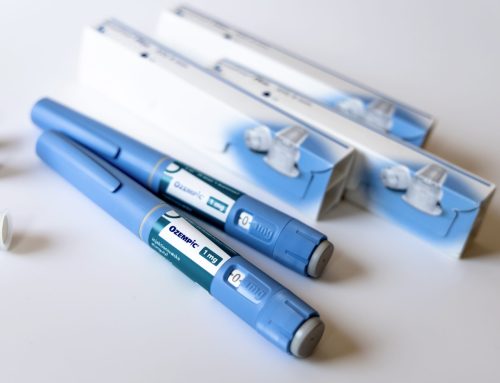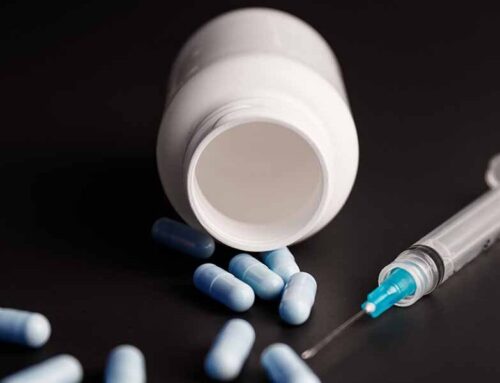
Substance abuse doesn’t discriminate. Both men and women struggle with drugs or alcohol. When they do, and they decide to seek treatment, they often find they can choose gender-specific rehab. There are good reasons to provide specific treatment options for men and women.
Maintaining separate men’s rehab facilities and women’s rehab facilities provides an opportunity for people with similar backgrounds who face similar pressures to work through their issues in a judgment-free environment.
Consider whether gender-specific rehab is the right way to move forward as you deal with substance abuse.
Gender Differences in Addiction
Men and women travel experience substance abuse in different ways. Some of this is due to physiological differences, such as how one absorbs food and medicine. Societal pressures account for still other differences. Men, for example, are more likely than women to suffer from substance abuse in general. On the flip side, women reach a severe level of abuse more quickly than men. Part of gender-specific rehab addresses some of the different ways that men and women come to substance abuse. For instance, women face tremendous expectations to do it all, with pressures to be the perfect wife, mother, daughter, and employee. Men, on the other hand, are more susceptible to peer pressure or fears about money.
In men’s and women’s rehab centers, you can collectively work through these issues to build a brighter future.
Benefits of Gender-Specific Rehab
Gender-specific rehab enables men and women to express themselves freely. Some of the benefits of this treatment option include:
- Judgment-free – Some issues are unique to men and women and are difficult to discuss in mixed-company — sexual dysfunction, for instance. It can also be easier to talk openly about interpersonal issues in single-gender groups.
- Building relationships – The support of peers is a significant factor in the success of gender-specific rehab. You meet people who can help you through difficult times.
- Problem-sharing and problem-solving – Men and women may find solutions to problems specific to their gender. It’s easier for those to come out in a single-gender session.
- Focus – A co-ed session requires facilitators to cover a lot of ground in a short period of time. Being able to dig down to gender-specific issues makes sessions more effective.
Gender-specific rehab may be the best choice in seeking a way out of substance abuse.
What to Expect
Whether you are a man or woman, you might be wondering what to expect from rehab. It turns out that the various stages are universal, no matter your gender.
The process starts with a thorough intake/assessment. Doctors initially want to know about the state of your health to build an effective treatment plan. The first major phase of both men’s rehab and women’s rehab is detox. In detox, you step down from your addiction under the care of doctors who can address severe withdrawal symptoms.
Next, you will enter counseling. Working with a trained therapist in addiction medicine, you will discuss your circumstances and build coping skills. Finally, once you’ve completed an addiction treatment program, you progress to aftercare. This involves ongoing therapy and peer support groups to help with lowering the risk of relapse.
Gender-Specific Rehab at Georgia Addiction Treatment Center
Men and women face pressures from our society to be good spouses and parents while also succeeding at work, and these pressures can sometimes contribute to substance abuse issues. Increasingly, men and women are choosing gender-specific rehab. At Georgia Addiction Treatment Center, we offer both men’s rehab programs and women’s rehab programs as part of our focus on outpatient treatment services. Join one of these programs, and you can expect to work through your issues in groups of people who understand. You’ll be treated by our clinical staff, who will provide compassionate, understanding care to both men and women. In addition to substance abuse challenges, we also address behavioral addictions and co-occurring disorders. Take a step toward sobriety today and return to a life of hope and promise. Reach a counselor at Georgia Addiction Treatment Center by calling [Direct] to set up an initial consultation.




